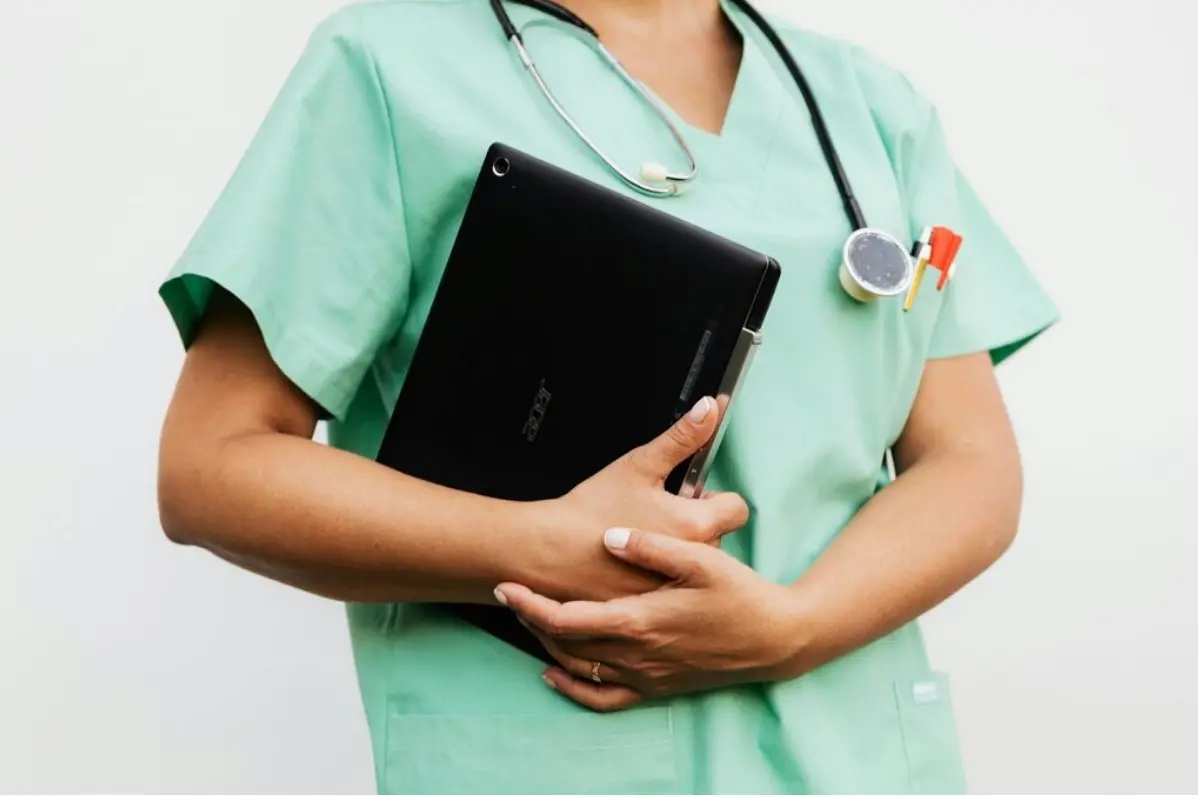Building a Dynamic Career Journey in Healthcare With Travel Allied Health Staffing

Travel allied health staffing has emerged as a compelling alternative, enabling clinicians to design careers around personal priorities while simultaneously expanding their clinical expertise